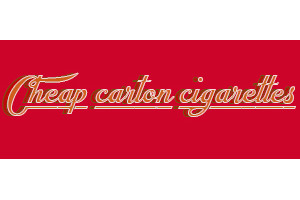Description
305’s Full Flavor 100’s Box Cigarettes – Bold Taste, Great Value
Discover the Strong Style of 305’s Full Flavor 100’s Box
Let’s start! You can find 305’s Full Flavor 100’s Box cigarettes at https://cheapcartoncigarettes.com/. They’re made for smokers who love a bold, simple smoke at a low cost. Each pack has a sturdy design with the “305’s” name and 100’s length label that looks tough. It’s perfect for anyone who enjoys a long, hearty smoke. Plus, it offers a full taste with an affordable price. This makes it a great choice for many smokers.
Crafted for a Rich, Smooth Flavor
Next, these cigarettes are made to deliver a rich, smooth flavor. They’re ideal if you’ve smoked for a while or want to try something new. Every puff feels strong and satisfying. The pack stands out with its bold look. It also includes a clear warning—”Smoking seriously harms you and others around you”—so you know the risks, but it still looks good.
Best Prices at CheapCartonCigarettes.com
Now, at https://cheapcartoncigarettes.com/, we sell them at very low prices. You can buy a bunch at once, saving you time and money. It’s perfect if you want something easy and don’t want to lose quality. We ship fast, so your order gets to you quickly, no matter where you are. If you need to stock up or just want a good deal, this is the best option.
Get Yours Now for Great Deals and Quick Delivery
Lastly, explore our wide range of affordable smokes and enjoy special offers for smart shoppers. These cigarettes bring tradition, taste, and a low price in one neat pack. They’re a must for any smoker! Visit https://cheapcartoncigarettes.com/ today to order your 305’s FullFlavor 100’s Box and enjoy a top-quality smoking experience. You’ll love the low prices, great service, and a product that shines—buy now and enhance your smoking time!






Reviews
There are no reviews yet.